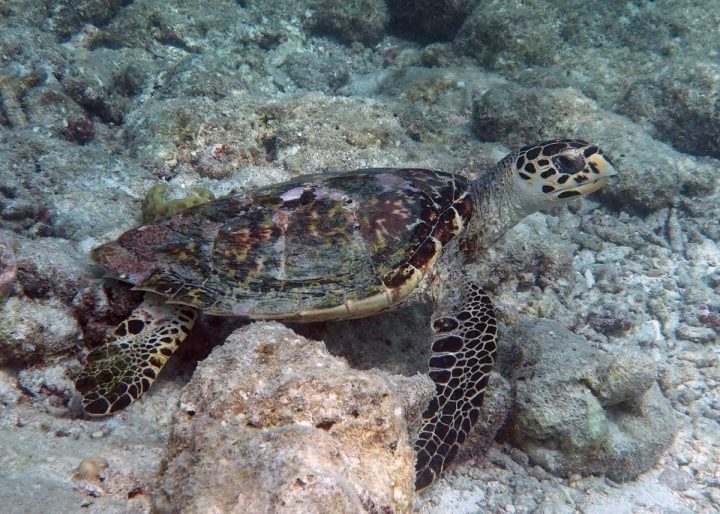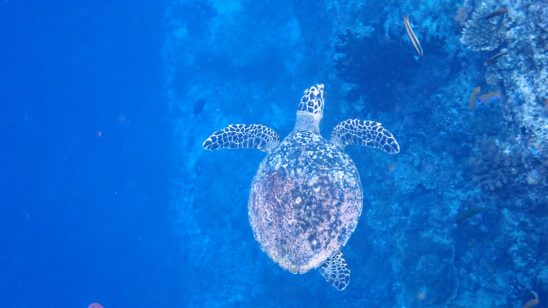
Cinnamon Dhonveli Maldives extends its ocean conservation efforts with new actions to protect sea turtles
In commemoration of World Turtle Day 2024, Cinnamon Dhonveli Maldives adopted some of the finned inhabitants of their island resort. The resort has identified and contributed to the safekeeping of two Green Turtles and one Hawksbill Turtle, named Rehendi, Raivilla, and Raalhu.
Through Cinnamon Hotels & Resorts, Maldives Ocean temperature data loggers and Geographic Information System (GIS) mapping project, detailed biodiversity inventories have been developed for each of their island resorts, including details of fish species, reefs, mangroves, terrestrial vegetation, and other ecosystems in the area. Special emphasis was given in the study to globally endangered species.
Sea Turtles, also known as “keystone species,” play a vital role in maintaining the health of the ocean as prey, consumer, competitor, and host. However, sea turtles face many threats to their survival. If sea turtles become extinct, the whole marine ecosystem, the planet’s largest, will weaken. There are seven different species of sea turtles in the world: the green, flatback, hawksbill, olive ridley, leatherback, loggerhead, and Kemp’s ridley. However, six out of seven species of sea turtles are threatened with extinction according to the International Union for Conservation of Nature (IUCN).
Therefore, hoteliers have a significant responsibility to safeguard these endangered species, as all six species can be found in the Indian Ocean. By adopting and donating, resorts can support the Olive Ridley Project to help rescue and treat injured turtles and further research programs to better understand sea turtles and their habitats, providing a basis for conservation measures.
Cinnamon Dhonveli Maldives prioritizes sustainability and is actively engaged in a coral propagation program to support marine conservation efforts. They are funding a 2.5-year research program to study the marine environment, examining factors such as underwater energy levels, currents, temperature, and salinity. The coral propagation project was launched with the objective of transplanting corals to protect ocean biodiversity and create awareness of the importance of coral conservation.






